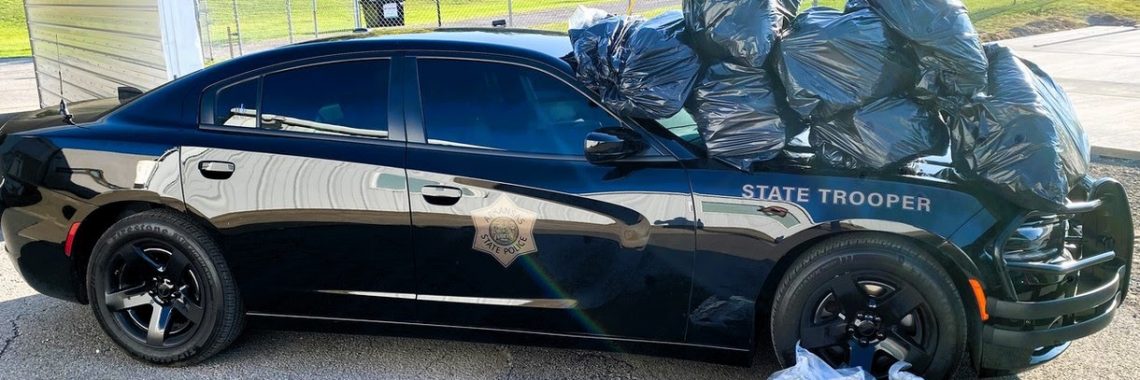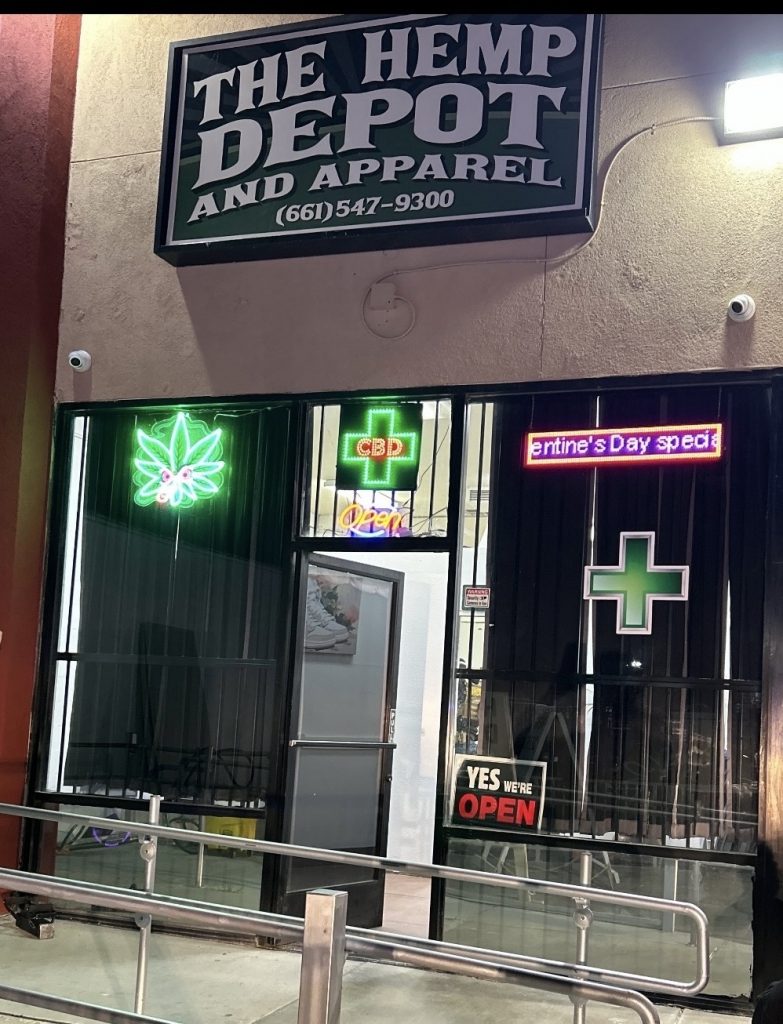Arkansas State Police Seized More Than 775 Pounds of Illegal Drugs in February Traffic Stops

Arkansas State Police recently seized more than 775 pounds of illegal marijuana and other drugs in a series of traffic stops across the state.
In one stop alone, troopers found 600 pounds of illegal marijuana and 15 boxes of THC products in a van traveling from Los Angeles to North Carolina. Other stops netted 45 pounds of marijuana from Oklahoma City, 19 pounds of marijuana from Memphis, and 115 pounds of methamphetamine from Dallas.
These seizures remind us that contrary to popular belief, marijuana’s legalization in other states has actually emboldened drug cartels and contributed to the spread of illicit marijuana nationwide.
The Oklahoma Bureau of Narcotics’ Marijuana Enforcement Teams recently seized 10,656 illicit marijuana plants and 296 pounds of processed marijuana at one illegal grow site alone.
Authorities have raided illicit grow sites in Oklahoma in the past, and Arkansas State Police routinely confiscate illegal marijuana from Oklahoma. In fact, law enforcement around the country alleges 40% of America’s black market marijuana has come from legal grow sites in Oklahoma.
Despite legalization, California has seized more than $1.2 billion in black market cannabis since 2022.
In Maine, authorities have said there are hundreds of illegal marijuana operations connected to Chinese organized crime groups. These operations often involve serious crimes like labor trafficking and wage theft.
All of this underscores what we have said for years: Marijuana may be many things, but “harmless” simply is not one of them.
Articles appearing on this website are written with the aid of Family Council’s researchers and writers.





